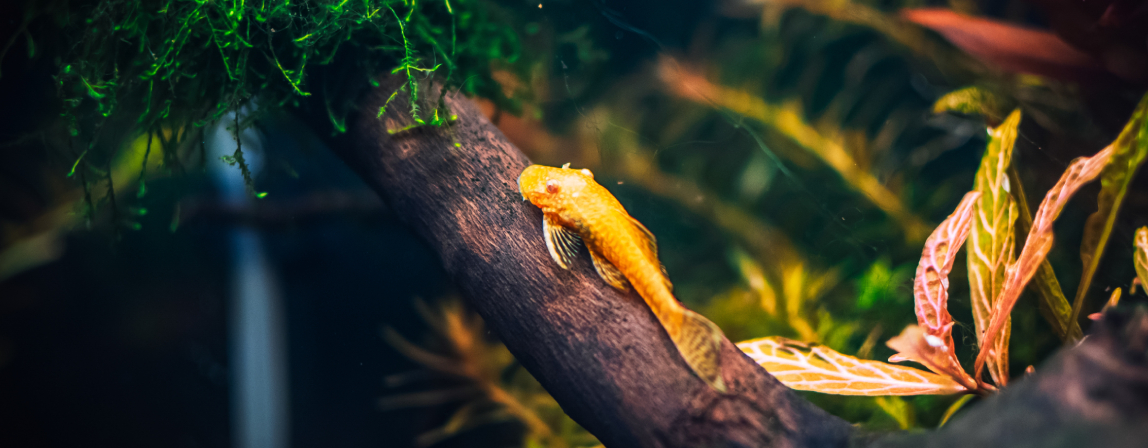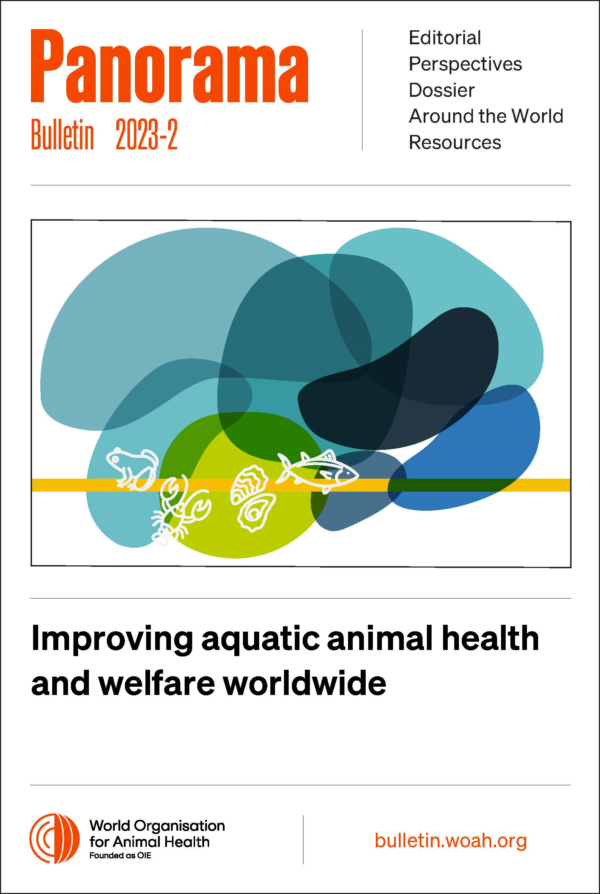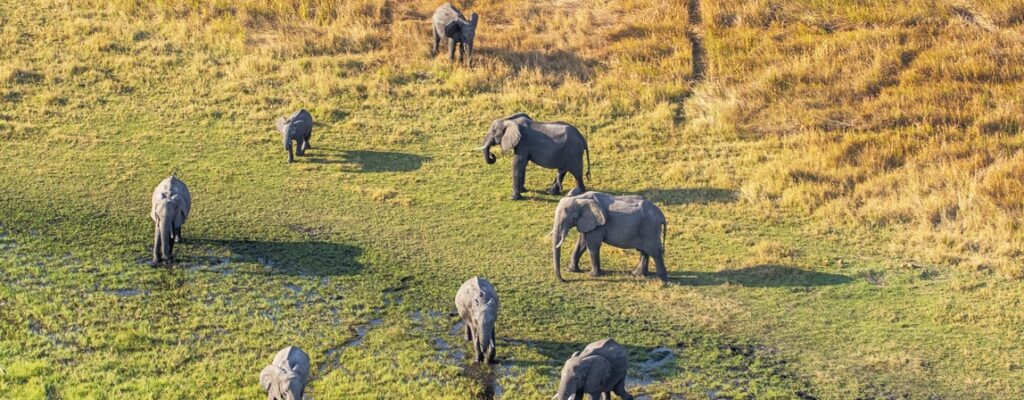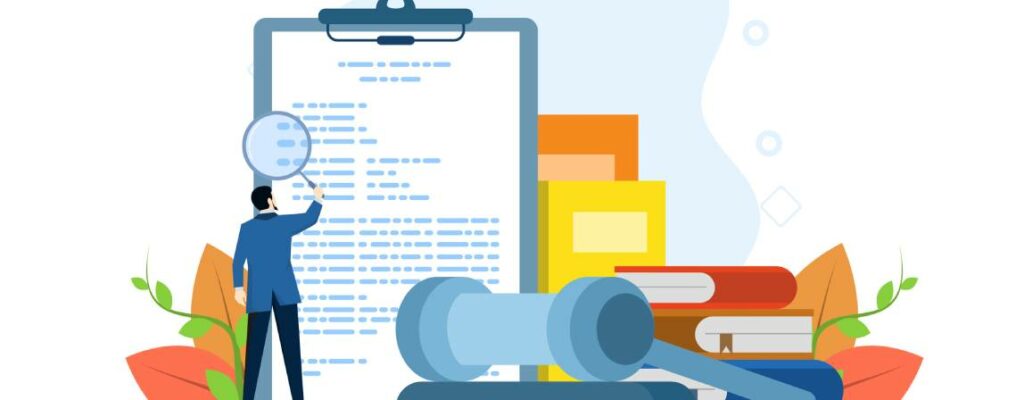Perspectives Posted on 2023-12-12 11:47:12
Opinions and strategies
Collaboration between WOAH and FAO on aquatic animal health
Keywords
Authors
Stian Johnsen*(1) , Melba Reantaso(2)
(1) Regional Activities Department, World Organisation for Animal Health WOAH
(2) The Food and Agriculture Organization (FAO)
*Corresponding author: Stian Johnsen
The Food and Agriculture Organization (FAO) and the World Organisation for Animal Health (WOAH) work together to promote animal health and welfare as well as to ensure food safety.
This collaboration is based on the organisations’ shared mandate and common goal: to ensure the sustainable development of animal production and address global challenges such as zoonotic diseases.
By sharing their knowledge, expertise and resources, FAO and WOAH are better equipped to deal with the issues confronting the aquaculture sector, such as the emergence of new diseases, climate change, and changing consumer preferences.
The collaboration between FAO and WOAH involves a wide range of activities, including joint projects, technical assistance and capacity-building programmes. The two organisations work together to develop and implement standards and guidelines for the management of aquatic animal health and welfare, as well as for dealing with antimicrobial resistance and preventing and controlling animal diseases.
The FAO Progressive Management Pathway for Improving Aquaculture Biosecurity (PMP/AB)
The Progressive Management Pathway (PMP) is a tool developed by the FAO to help countries improve their aquaculture biosecurity (AB). The PMP provides a step-by-step approach to assess and manage the risks associated with aquatic animal diseases. The aim is to prevent their spread and minimise their impact on the aquaculture industry.
By following the PMP/AB, countries can progressively improve their aquaculture biosecurity management and lessen the risks associated with aquatic animal diseases. This can help to promote sustainable aquaculture development, protect the health and welfare of aquatic animals, and safeguard public health.
The PMP/AB consists of four stages:
(1) defining biosecurity risks;
(2) initiating biosecurity systems;
(3) enhancing biosecurity systems and preparedness;
(4) establishing sustainable biosecurity and health management systems.
There are three principles that guide every stage: risk-based analysis, collaboration, and progression along a pathway that builds on the steps already achieved.
A good understanding of the epidemiological triad is also essential, i.e. the relationship between the pathogen and susceptible aquatic population in a suitable environment that allows the transmission of the pathogen and spread of the disease.
WOAH has been involved in the development of the PMP/AB since 2018, and currently has a member on the Technical Working Group, which is developing guidance on the application of the tool. The pathway uses the WOAH standards as the reference. Member Countries who wish to apply the PMP/AB in their country should use the WOAH evaluation of Aquatic Animal Health Services as their primary fact-finding tool to identify gaps and pinpoint their level of advancement.
FishVet dialogue
In 2021, WOAH and FAO established a new platform for Competent Authorities in aquatic animal health and welfare in Member Countries, called the FishVet+ dialogue. The objective is to establish a permanent platform for Members to exchange experiences and discuss how best to ensure collaboration on aquatic animal health. A start-up meeting has been held and there are plans for regular meetings on specific topics in the near future.
https://doi.org/10.20506/bull.2023.2.3415












